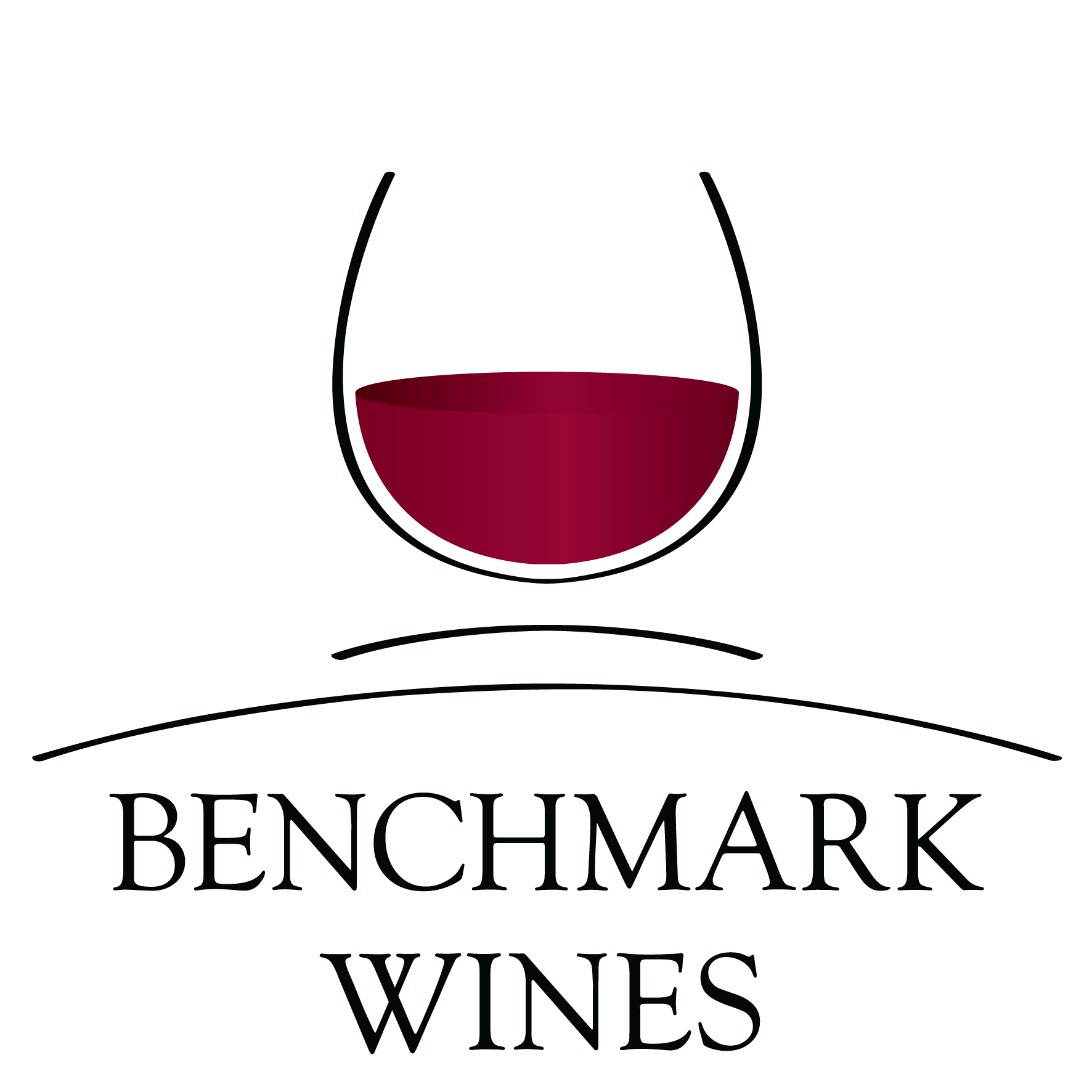Wine lovers often think of the differences between sparkling wine and white wine. Both are great choices for different events, but they have unique features that make them different. In this blog, we will look at these differences, give a comparison table, and answer some common questions to help you pick the best wine for your next get-together.
Many varieties of wine can be bewildering. There are two popular kinds: sparkling wine and white wine. White wine is the most often encountered when dining and sparkling wine tends to be associated with festivities. But what makes them distinct? Let's take a look at that!
Sparkling Wine vs. White Wine
|
Feature |
Sparkling Wine |
White Wine |
|
Definition |
A wine with bubbles due to trapped carbon dioxide |
A still wine without carbonation |
|
Production Method |
Undergoes secondary fermentation for carbonation |
Made from fermented grape juice, clarified and filtered |
|
Grape Varieties |
Often includes Chardonnay, Pinot Noir, and others |
Common varieties include Chardonnay, Sauvignon Blanc, Riesling |
|
Sweetness Levels |
Varies widely: brut (dry), extra dry, sec (sweet) |
Ranges from dry to sweet |
|
Calories |
Generally lower (around 80 calories per glass) |
Higher (approximately 120 calories per glass) |
|
Flavor Profile |
Crisp, refreshing with fruity and floral notes |
Light to rich flavors, often fruity or herbal |
|
Serving Glass |
Flute or coupe glass to showcase bubbles |
Standard wine glass for better aroma |
|
Occasions |
Celebratory events, toasts, and special occasions |
Suitable for casual dining and everyday meals |
|
Health Benefits |
Contains antioxidants similar to white and red wines |
Known for lung health benefits and antioxidants |

- Definition
- Sparkling Wine: A wine characterized by bubbles created from trapped carbon dioxide during fermentation.
- White Wine: A still wine that lacks carbonation, offering a smooth drinking experience.
Production Method
- Sparkling Wine: Produced through secondary fermentation, which creates carbonation; methods include traditional and Charmat.
- White Wine: Made from fermented grape juice that is clarified and filtered, resulting in a clear, still beverage.
Grape Varieties
- Sparkling Wine: Commonly made from grapes like Chardonnay and Pinot Noir, among others.
- White Wine: Typically includes varieties such as Chardonnay, Sauvignon Blanc, and Riesling.
Sweetness Levels
- Sparkling Wine: Sweetness can vary significantly, with options ranging from brut (dry) to sweet (sec).
- White Wine: Offers a range from dry to sweet, catering to different taste preferences.
Calories
- Sparkling Wine: Generally lower in calories, averaging around 80 calories per glass.
- White Wine: Higher in calories, typically around 120 calories per glass.
Flavor Profile
- Sparkling Wine: Known for its crisp and refreshing taste, often featuring fruity and floral notes.
- White Wine: Flavor profiles can range from light and fruity to rich and herbal, depending on the grape variety.
Serving Glass
- Sparkling Wine: Best served in flutes or coupe glasses designed to showcase the bubbles.
- White Wine: Typically served in standard wine glasses that enhance aroma and flavor.
Occasions
- Sparkling Wine: Ideal for celebratory events, toasts, and special occasions like weddings or New Year’s Eve.
- White Wine: Versatile for casual dining, everyday meals, and various social gatherings.
Health Benefits
- Sparkling Wine: Contains antioxidants similar to those found in both white and red wines.
- White Wine: Known for potential health benefits, including support for lung health due to its antioxidant content.
Also Read: 18 Different Types of White Wine
In- Short
Choosing between sparkling wine and white wine depends on your preferences and the occasion. If you’re celebrating, sparkling wine adds that special sparkle to the moment. For a laid-back dinner or food pairing, white wine’s versatility is hard to beat. Both have unique qualities that make them essential to any wine lover’s collection.
FAQs
1. Is sparkling wine better than white wine?
It depends! Sparkling wine is great for celebrations, while white wine is more versatile for meals. Both have unique flavors and occasions where they shine.
2. How does sparkling wine differ from still wine?
Sparkling wine has carbonation, giving it bubbles, while regular wine (like white wine) is still and does not fizz.
3. Can I substitute sparkling wine for white wine?
In cooking, sparkling wine can sometimes substitute for white wine, especially in recipes requiring acidity. For drinking, it depends on your taste preference.
4. Is sparkling wine stronger than wine?
Not necessarily. Sparkling wine and white wine typically have similar alcohol content, usually around 11-13%.


































